SpaceX five satellite launches away from bringing T-Mobile users Direct-to-Cell service

SpaceX, whose Starlink satellites will be used by T-Mobile to bring satellite connectivity to its users, shared a new accomplishment today.
SpaceX announced on X that it has sent 13 more satellites with Direct to Cell capabilities into orbit. The company's Senior Director of Satellite Engineering Ben Longmier added that the company is only five launches away from completing the first network for satellite coverage.
SpaceX announced on X that it has sent 13 more satellites with Direct to Cell capabilities into orbit. The company's Senior Director of Satellite Engineering Ben Longmier added that the company is only five launches away from completing the first network for satellite coverage.
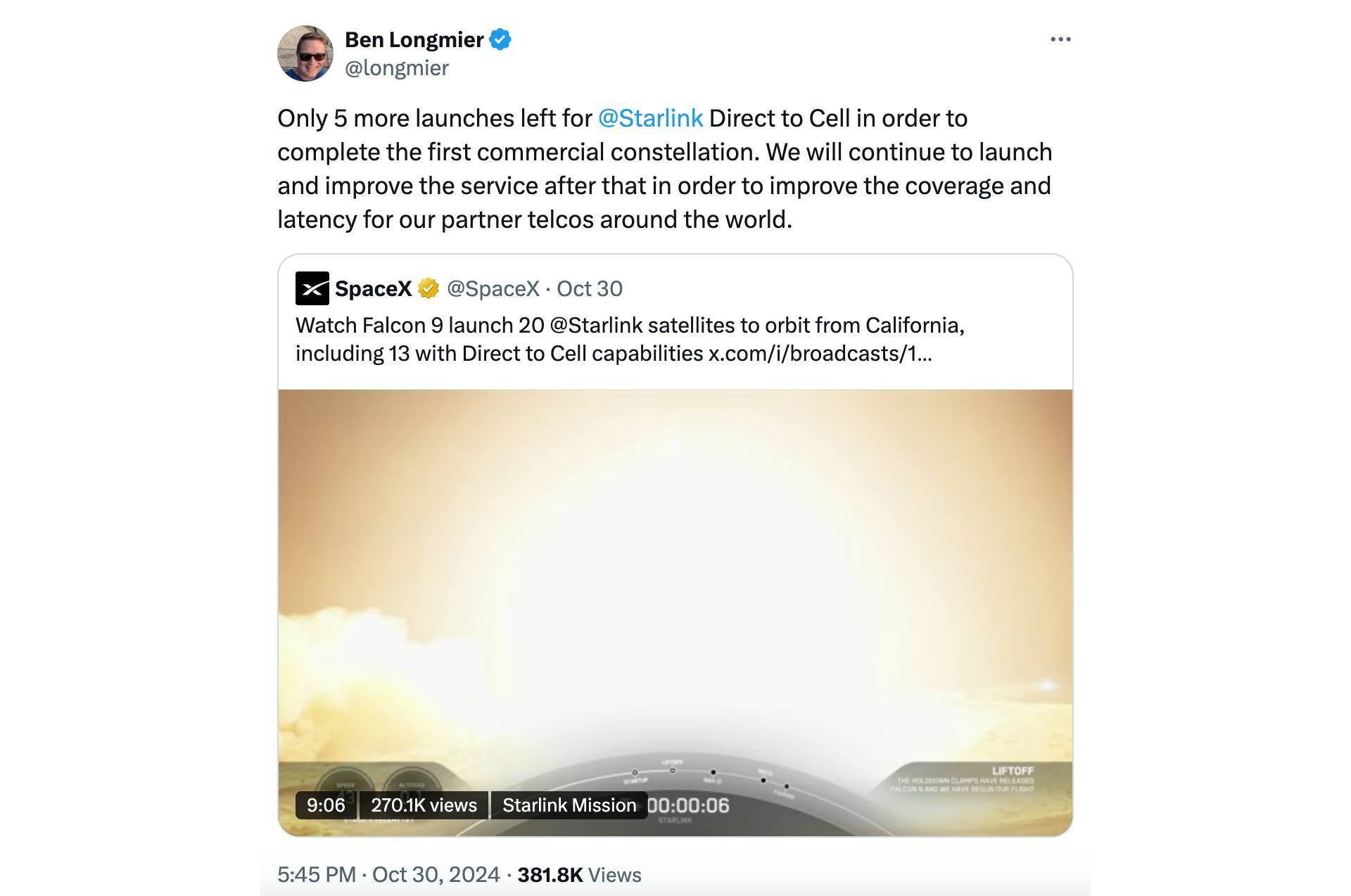
SpaceX exec shared another milestone today. | Image Credit - Ben Longmier, X
The company had previously revealed that it would need 325 Direct-to-Cell satellites in orbit to launch the service and while we don't know where the number stands now, it's clear that the company doesn't need much longer to get the last leg of the goal done.
Even though T-Mobile's CEO Mike Sievert has hinted that the service may not launch before 2025, recent signs point to a 2024 release. Longmier has already pointed to a 2024 rollout and this was reiterated at a recent event attended by T-Mobile execs. Data coverage is expected next year.
The biggest hurdle to the launch is a change to the aggregate power flux-density PFD limit, which has been vehemently opposed by T-Mobile and SpaceX's competitors. If the Federal Communications Commission (FCC) refuses to grant a waiver, quality degradation is expected.
The FCC may be tempted to side with SpaceX, given it was the only company that was able to step in and restore connectivity when the communication infrastructure was knocked down by hurricanes. However, if a rival proves that the company's services are causing interference during the testing phase, SpaceX will have to cease operations.
The company is confident that this isn't going to happen and continues to insist that the current limits are overly restrictive. Rivals, on the other hand, claim that the company's design has technical shortcomings.


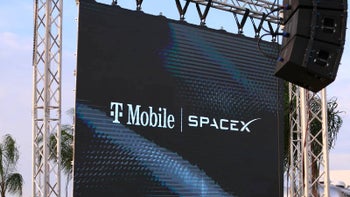
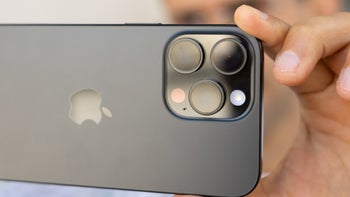
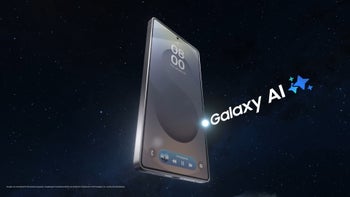
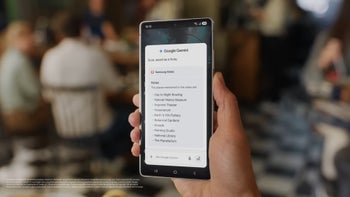





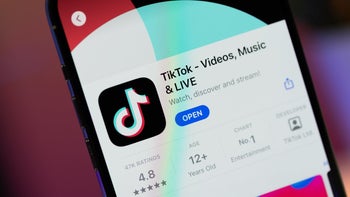

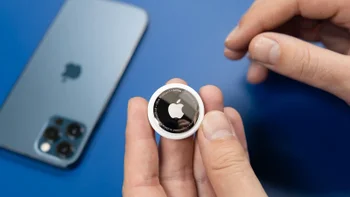
Things that are NOT allowed: